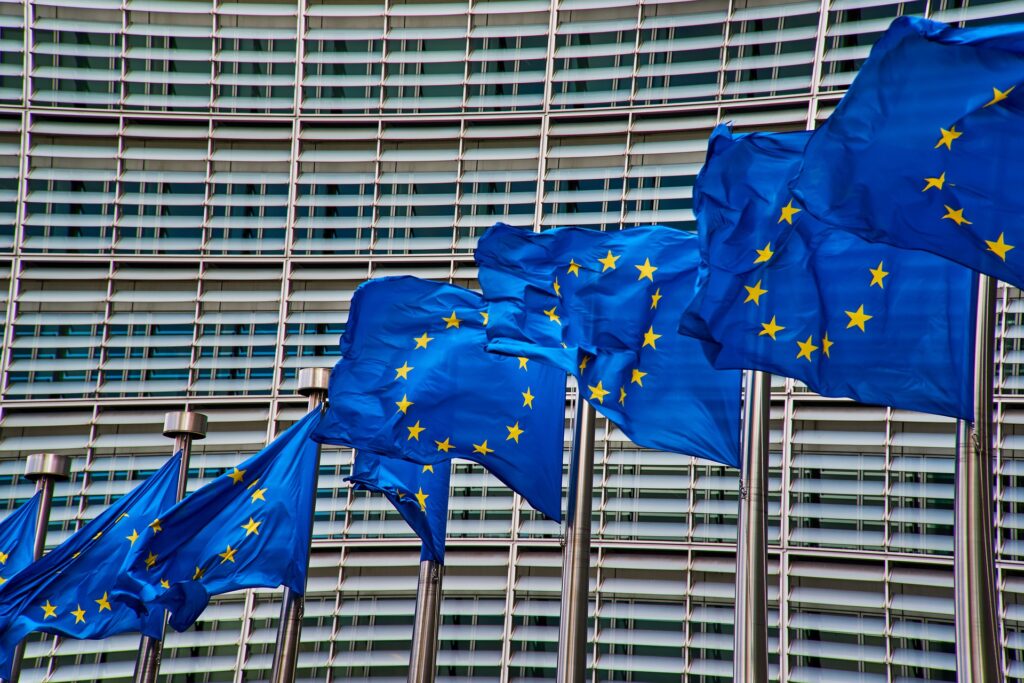14 organisations from 11 countries of Central and Eastern Europe representing the sector of advanced technologies addressed the European Commission in a joint statement covering proposition of developing legal regulations allowing growth of modern business models and tech solutions true to the spirit of Digital Single Market.

Digital Coalition from the CEE unites to share their vision of Digital Services Act with the European Commission
The statement is connected to the works beginning in the European Commission on the DSA, which will include reopening of the Directive on electronic commerce and introduction of a new an ex ante regulation of market competition. On September 8th, preconsultations regarding the planned work came to an end. The final shape of the Digital Services Act will have a major impact on functioning of the whole digital space of the EU. Therefore, organisations from Central and Easter Europe, representing companies of digital and advanced technologies industry as well as community organisations and some governmental representatives decided to establish the Digital Coalition in that regard. In a shared opinion, they have appealed to the Commission with some proposition, which in their opinion, should be included in upcoming regulations. The position has been signed by representatives of Bulgaria (National Digital Alliance), Croatia (HUP), Czech Republic (ASE and SPCR), Estonia (ITL), Lithuania (INFOBALT), Latvia (LIKTA), Poland (Digital Poland Association), Romania (APDETIC and ANIS), Slovakia (ITAS and SAPIE), Slovenia (Digital Coalition of Slovenia) and Hungary (IVSZ).
Transparent legal framework regarding liability for illegal content
As highlighted in the statement the Digital Services Act should guarantee protection of basic rights. „Citizens play a growing role in political life thanks to online tools and services, so while developing regulations affecting online services, we should pay attention to e.g. fundamental rights of access to information and freedom of speech online” – the document reads. It is added that future regulations must find a balance between digital security and freedom of data flow as well as development of new services. Signatories believe that upcoming legislation should also provide a transparent framework for liability of intermediaries in regard to illegal content. Digital services’ providers cannot be burdened with an obligation of proactive analyzing and potentially blocking all content shared via any given service. According to the Digital Coalition, deciding what is or is not permissible is a duty of the state – such a decision should not be made by private entrepreneurs. For that reason, Digital Services Act should regulate the issues of illegal content based on the transparency principle and clearly define what „content”, „services” and „products” are.
SMEs and startup friendly law
In the opinion of organisations signing the letter, legislators should take a close look on the impact of any new law on small and medium enterprises and their prospects for continuing to innovate. „We appeal for ensuring that while developing regulations of digital services, excessive strain on the sector of SMEs and startups will be avoided. While designing the DSA, we must remember the role and capabilities of small and medium enterprises in developing innovation” – the statement says. As the organisations explain, the smaller, creative companies are the ones applying pressure of competition on large corporations and are the guarantee of diversity and new services for the customers. „For their sake, introduction of new law may not result in applying a burden of a costly legal service only available to the largest players on the market of digital services and potentially excluding smaller companies from this very market, harming their competitiveness” – they argue.
Apoliticism of regulations
The Digital Coalition from countries of Central and Eastern Europe also points to the fact that new regulations should avoid granting unfair advantage as a result of policy makers’ influence. A true Digital Single Market should offer equal chances to companies operating on it based solely on consumers’ choice and the quality of provided services. According to the organisations, the success of new digital services cannot depend on the current shape of political landscape.„Otherwise, we are at risk of increasing inequality between Members States of the EU and as a result, an internal fracture of the digital community. We must then avoid regulations, which could cause harm to the uprising, export-oriented, less diverse economies of Europe” – the statement reads.
